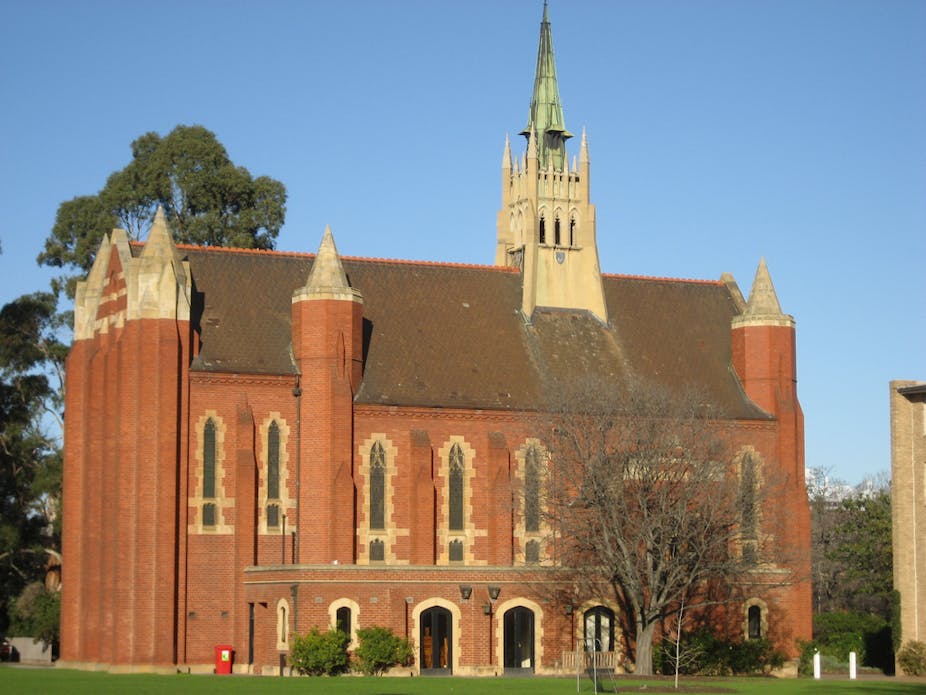Melbourne University is Australia’s most highly regarded tertiary institution among academics, according to a global survey that ranks universities by reputation.
Melbourne came 43rd in the Times Higher Education 2012 World Reputation Rankings, up two places from last year, followed in next place by the Australian National University, and the University of Sydney at 50.
Harvard University once again topped the poll, which is in its second year. Massachusetts Institute of Technology, one of seven US universities in the top 10, came second, followed by Cambridge University.
The reputation-based rankings complement the Times’ World University rankings, and are based on a survey of academic opinion of more than 17,500 respondents from 137 countries.
Times Higher Education Rankings editor Phil Baty said that Australian universities had suffered from an “image problem,” but that their reputation was beginning to improve.
“All four representatives in the top 100 have risen up the table. This is clear evidence that Australia’s universities are rising in stature internationally, while competitors in the US and UK are seeing their global brands suffer,” he said.
“I’ve argued in the past that Australia may have an image problem … that the collective emphasis on ‘Brand Australia’ had perhaps pulled down the very best research-driven universities in terms of perception of prestige. This is clearly improving.”
Simon Marginson, a Professor of Higher Education at University of Melbourne, agreed some Australian universities had suffered because they did not promote their research strengths when advertising to the international student market.
“We market ourselves to international students on a much bigger scale than anywhere else in the world,” Professor Marginson said. “That’s our special thing. And the projection that people are getting from that marketing is that we have these good universities that perform adequately, it’s a good place to come study, the lifestyle is good, the climate is good, it’s safe.
"Our best universities have excellent research, in clinical medicine for example, agriculture, ecology, applied mathematics, philosophy at ANU - in these areas we’re right in the top drawer and we punch way above our weight. But we don’t talk about that in our marketing.”
Professor Marginson said the poll was interesting but not an indicator of “real quality in teaching”. “Most academics when they answer these forms don’t know much about any institution apart from the one they work in, the one where they did their PhD and a couple of others. I don’t think they know what’s happening at the other end of their country.
"It’s not a particularly good indicator of real quality, but what it does tell you is standing - that’s quite important because bright staff are more likely to want to teach there and bright staff are more likely to want to go there.”
Professor Stephen Garton, the University of Sydney’s Provost and acting Vice-Chancellor, said the improvement by Sydney, which last year was ranked into the 51-60 band (universities ranked outside the top 50 were put in fields of 10), was “an extremely encouraging result which underlines Sydney’s growing international reputation. I congratulate the whole University community for their efforts in bringing about this recognition”.
ANU was placed in the top 51-60 on the reputation table last year. The University of Queensland made the top 71-80 universities, up from the 81-90 band last year.
The University of Queensland Vice-Chancellor Professor Debbie Terry said: “It reflects the hard work undertaken by our university community in learning, scholarship and contributions to society, and indicates broad recognition that The University of Queensland brand continues to be an asset to its graduates and current and future students.”

